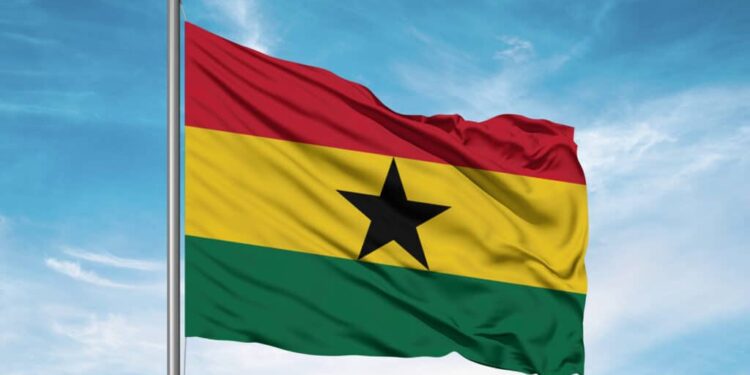

The Ghanian government is posed to lose the total of $3.8 billion in World Bank funding over a recent Anti-LGBTQ bill passed by its parliament last week.
The finance ministry of Ghana has appealed to the president to withhold his signature from the contentious bill against LGBT rights, which was approved by parliament.
According to the BBC, the financial authorities in Ghana is suggesting that President Nana Akufo-Addo postpone the enactment of the bill until a Supreme Court decision verifies its compliance with the constitution.
Meanwhile, human rights organizations filed a legal challenge against the bill even before its approval by parliament, though it’s anticipated that the Supreme Court won’t hear the case for a while.
The US, UK and various human rights groups have already condemned the bill, which was backed by both of Ghana’s two main political parties.
On his part, Akufo-Addo is said to be engaging in consultations with important governmental departments and donors to gauge the effects of the Proper Human Sexual Rights and Ghanaian Family Values legislation.
According to the IMF, diversity and inclusion are values it embraces.
- “Our internal policies prohibit discrimination based on personal characteristics, including but not limited to gender, gender expression, or sexual orientation. Like institutions, diverse and inclusive economies flourish.
- “We are watching recent developments in Ghana closely.
- “We cannot comment on a bill that has not yet been signed into law and whose economic and financial implications we have yet to assess,” IMF told Bloomberg in response to the bill.
Ghana heavily leans on the IMF for its financial well-being. In the aftermath of a debt default, it requested a $3 billion lifeline and is now involved in the process of rearranging its debt obligations.
On January 19, the IMF sanctioned the disbursement of an additional $600 million to Ghana as part of its three-year crisis intervention plan.
- Meanwhile, officials warn that Ghana might forfeit around $850 million in aid this year with the recent bill, a loss expected to further strain the struggling economy, deplete foreign reserves, and impact the stability of the exchange rate.
- Uganda adopted a similar policy the last year, imposing stricter penalties that include life imprisonment and even the death penalty. Following this, the nation was subjected to severe economic sanctions from diverse international groups.
- The World Bank then stopped its financial support for Uganda in response to concerns over human rights, specifically regarding the country’s anti-homosexuality law.
- The United States also removed Uganda from the Africa Growth and Opportunity Act (AGOA), a trade initiative started in 2000 aimed at enhancing economic ties between the U.S. and African nations.




